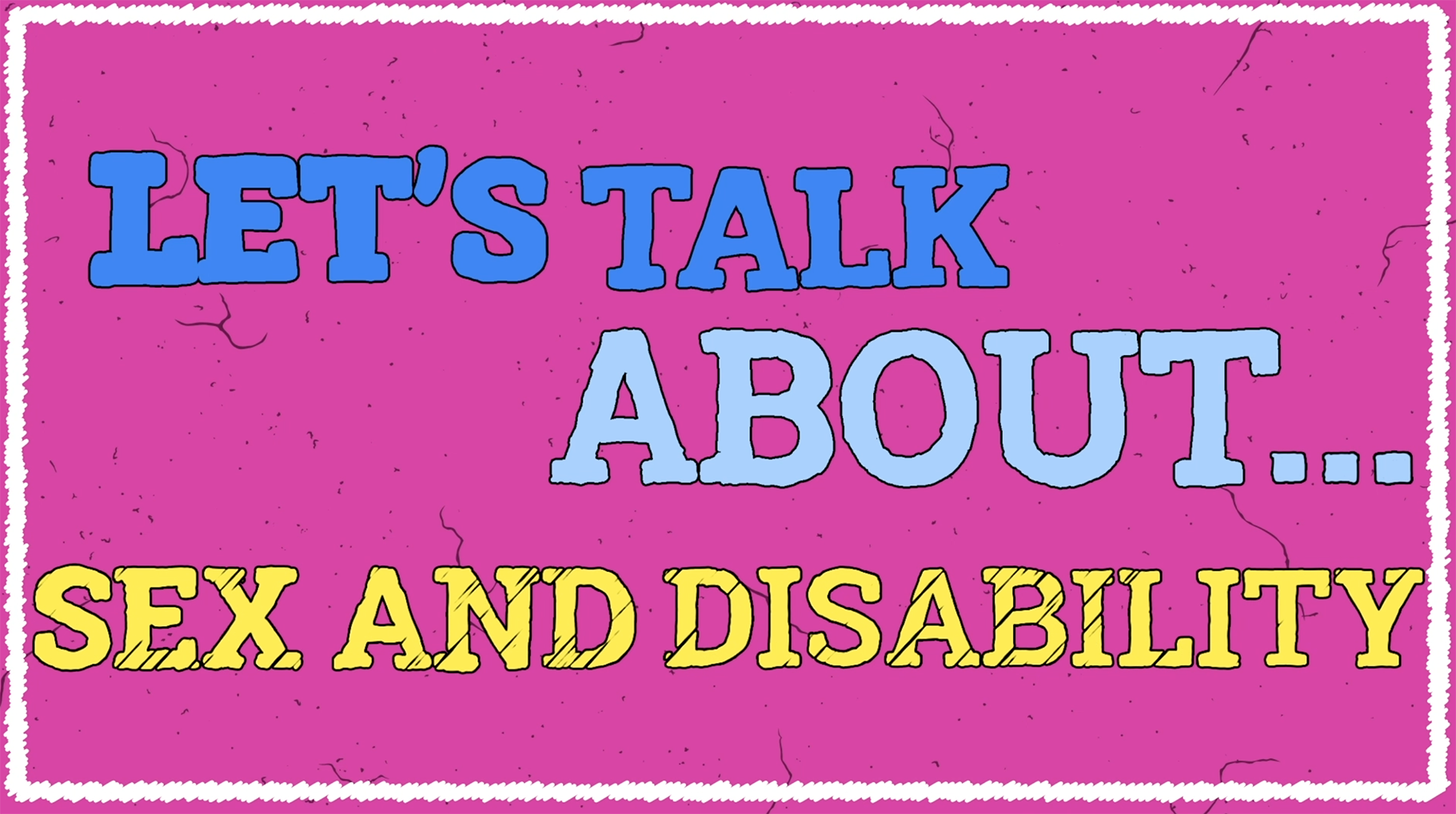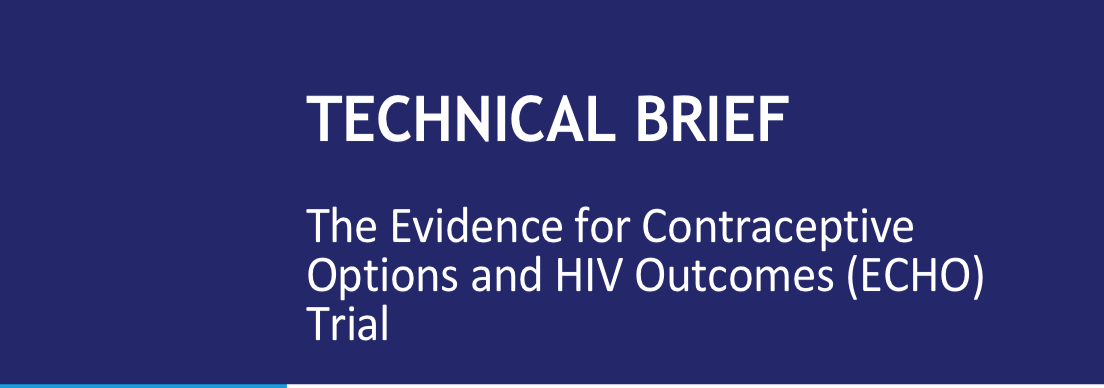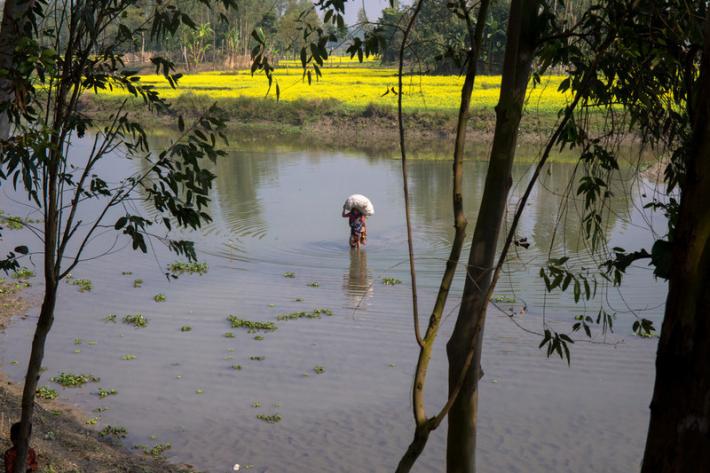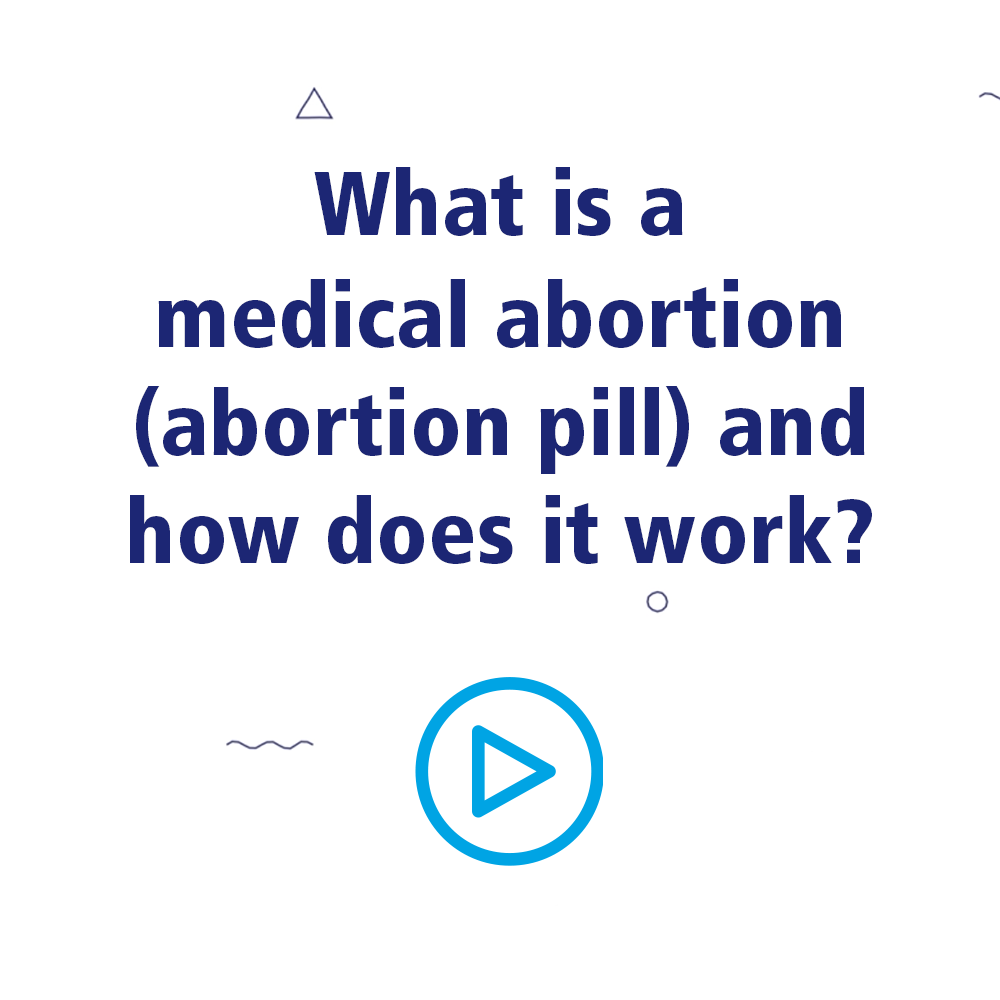Spotlight
A selection of resources from across the Federation

HIV Theory of Change
Our HIV Theory of Change is to clarify the goals and vision of IPPF’s HIV programme and to articulate the different pathways and strategies IPPF uses to contribute towards its HIV goals and vision.
Filter our resources by:


| 20 September 2019
Watch: Let's Talk About... Sex & Disability
"Disabled people are sexy" "If you’re blind, how do you have sex? And I’m thinking, what kind of sex are you having?" Our new series tackles five major topics: Sex & Disability, Sex & Pleasure, Sex & Consent, Sex Education and Sex & Social Media. In this episode, Joy and Rachelle talk about their own experiences of living with a disability and some of the stigma and stereotypes they face when it comes to sex. They also have a few handy tips (hint more people should have sex with people living with a disability) on how to incorporate your disability into your sex life!

| 09 July 2019
IPPF Technical Brief on the ECHO trial
Since the early 1990s, the evidence has been inconclusive as to whether using hormonal contraception increases women’s risk of acquiring HIV, particularly among progestogen-only injectable users. Observational studies indicated that women using progestogen-only injectable contraceptive methods may be at higher risk of acquiring human immunodeficiency virus (HIV). The ECHO trial finds no link between HIV acquisition and the use of DMPA-IM, progestogen implant, and non-hormonal copper IUD.

| 03 April 2019
Improving the quality and availability of post-abortion care in a humanitarian crisis
The world is facing stronger and longer natural disasters, protracted complex emergencies, conflicts and epidemics. These humanitarian crises can expose weakness in health systems, with particularly serious consequences for women and girls in need of reproductive health care. To improve the quality and availability of post‑abortion care during a flood, the University of Leicester and International Planned Parenthood Federation South Asia Region (IPPF-SAR), in collaboration with the Government of Bangladesh, developed and measured the impact of an integrated intervention package, called RHCC. First tested in a flood-prone area of Bangladesh, this novel approach includes: i) Pre-positioning medicines and supplies, using the UNFPA’s Inter-Agency Reproductive Health Kit 8; ii) Capacity building of service providers; and iii) Community awareness raising. Supported by IPPF's Innovation Programme, the project aligns with IPPF’s commitment to ensuring that crisis-affected populations receive timely, quality, life-saving, gender-responsive and inclusive sexual and reproductive health services.

| 28 September 2018
Watch: Access & Abortion: Medical abortion in Nepal
After years of progressive change by activists, advocates and organizations, abortion in Nepal was finally legalized in 2002. Legalization, however, did not mean accessibility, especially to women and girls in hard-to-reach and rural areas. That is until medical abortion became an option. Since being introduced in 2009, medical abortion (the abortion pill), is revolutionizing how women access abortion care with almost half of the abortions performed in Nepal are through the medical procedure. Through clinics, outreach programmes, workshops and peer educators, our Member Association, Family Planning Association of Nepal are ensuring women and girls in hard-to-reach and rural areas know their abortion care options.

| 27 September 2018
Watch: What is surgical abortion?
Watch our surgical abortion explainer video to find out more about the procedure. Please note this is a brief overview of surgical abortion. Contact your local healthcare provider to discuss further details and options available to you.

| 27 September 2018
Watch: What is medical abortion?
Ever wonder how medical abortion also known as the 'abortion pill', works? In this explainer video, we go through the steps of what to expect during a medical abortion. Please note that this video is an overview of the procedure. For further details on medical abortion, contact your local healthcare provider.















